Industrial construction assessment plays a crucial role in determining the structural integrity, safety, and compliance of facilities. Whether it’s a manufacturing plant, warehouse, refinery, or processing center, comprehensive assessments are key to minimizing risks, reducing downtime, and ensuring regulatory compliance.
What Is Industrial Construction Assessment?
Industrial construction assessment refers to the systematic evaluation of industrial structures, equipment, and infrastructure to verify that construction has been completed to code, meets design specifications, and operates safely under expected conditions. These assessments are often carried out at various stages of construction and during routine maintenance cycles.
Common Types of Assessments
-
Structural Assessments: Ensures the integrity of steel frameworks, foundations, and load-bearing elements.
-
Environmental Assessments: Identifies potential environmental hazards and ensures adherence to regulations.
-
Mechanical & Electrical Inspections: Verifies the correct installation and functioning of complex systems.
-
Drone-Based Surveys: Utilizes aerial technology for mapping, imaging, and access to hard-to-reach areas.
-
Seismic Analysis: Assesses a facility’s ability to withstand earthquakes and other geotechnical forces.
Why Industrial Construction Assessment Matters
1. Safety Compliance
Accidents in industrial settings can be catastrophic. Regular assessments help mitigate risks by ensuring that all systems are functioning correctly and that the facility complies with OSHA, ISO, and local building codes.
2. Regulatory Approval
Many jurisdictions require detailed assessment reports for occupancy permits or operational licenses. Conducting thorough evaluations streamlines this process and avoids costly delays.
3. Cost-Efficiency
Identifying issues early prevents expensive repairs and project overruns. For example, drone inspections can detect structural problems in high or inaccessible areas without the need for scaffolding or shutdowns.
4. Asset Management
Knowing the exact condition of a facility helps with long-term maintenance planning and budgeting. Predictive analytics from assessments can extend asset life and improve performance.
Modern Tools in Industrial Construction Assessment
✔️ Drone Technology
Drones provide high-resolution imagery and 3D mapping of construction sites. They’re particularly effective for surveying large areas, rooftops, and confined spaces without risking worker safety.
✔️ Seismic Assessment Tools
Advanced software and ground sensors help assess ground stability and the seismic performance of structures, especially in earthquake-prone regions.
✔️ Thermal Imaging
Infrared cameras detect hidden issues like insulation gaps, moisture intrusion, or overheating components.
✔️ AI-Powered Reporting
AI tools streamline data analysis and provide actionable insights, ensuring faster decision-making and improved documentation.
Choosing the Right Assessment Partner
When selecting an industrial construction assessment service, look for:
-
Experience in industrial sectors
-
Certified inspectors and engineers
-
Use of modern technology (drones, sensors, AI)
-
Customizable reporting and compliance documentation
